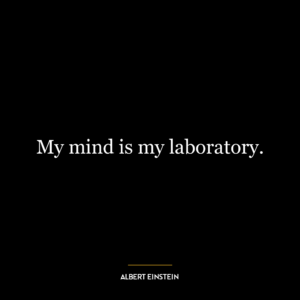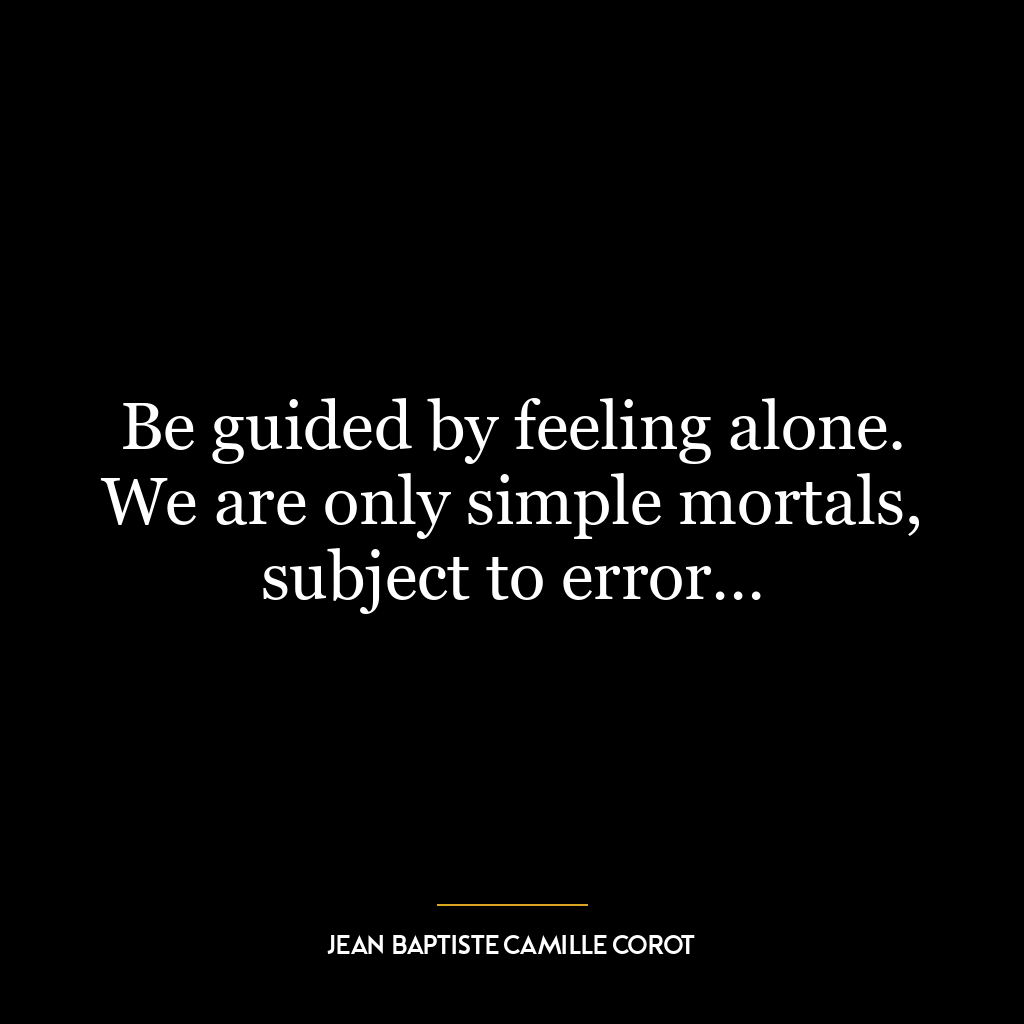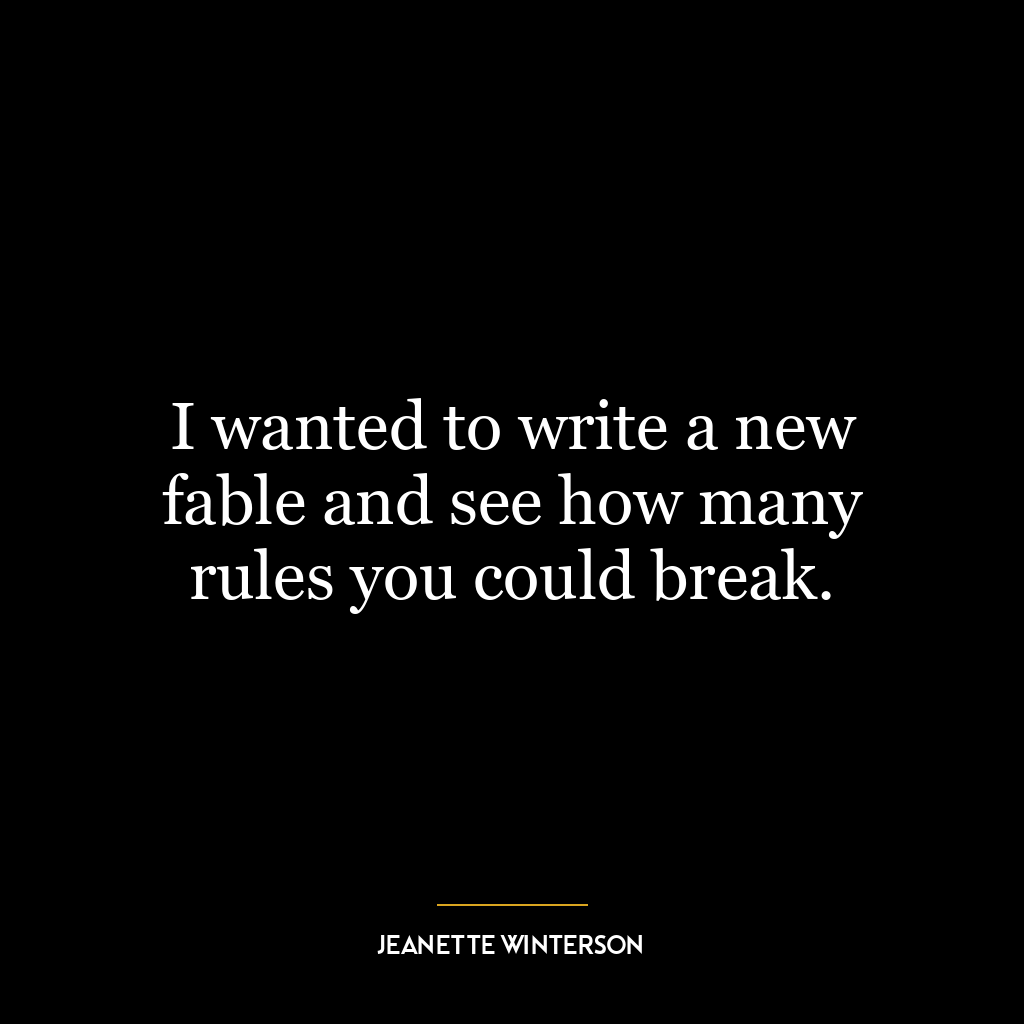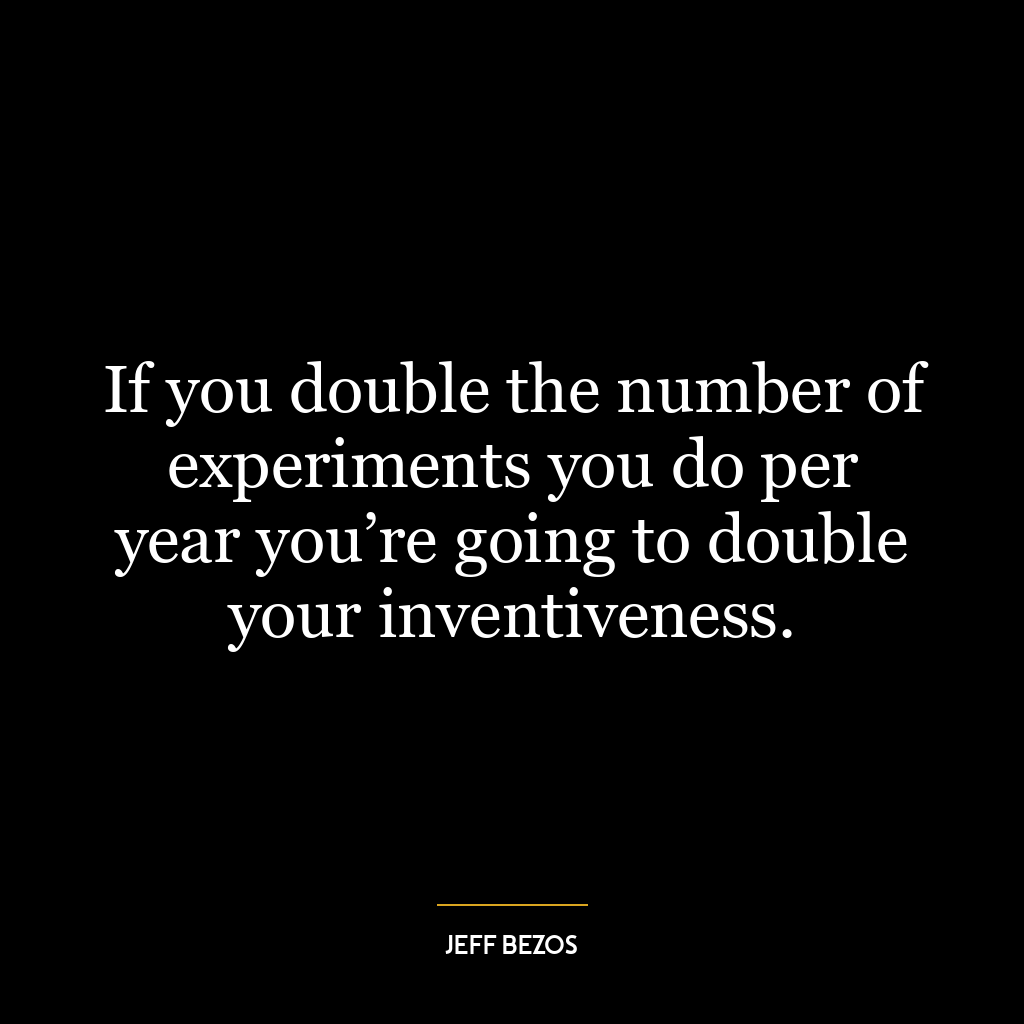This quote highlights the inherent uncertainty and humility in the scientific process. It suggests that no matter how many times an experiment supports a theory, it doesn’t necessarily ‘prove’ it beyond all doubt. There is always the possibility that a future experiment might contradict it, providing evidence that the theory is wrong. This is the essence of the scientific method: theories are not accepted as absolute truths, but rather as models that best fit the current data, and are always open to revision in light of new evidence.
This principle can be applied broadly beyond the scientific world. It encourages a mindset of continuous learning and adaptability. In personal development, it might suggest that no amount of success or affirmation can definitively prove we are perfect or infallible. A single mistake or failure can remind us of our fallibility. However, instead of discouraging us, this should motivate us to remain humble, open-minded, and always ready to learn and improve.
In today’s fast-paced world, the ability to adapt to new information is crucial. Businesses, for example, might invest heavily in a certain strategy based on past success. However, a single market shift or unexpected event can prove that strategy ineffective. Rather than doubling-down or denying the evidence, successful businesses are those that can acknowledge the change, learn from it, and adapt their strategy accordingly.
Similarly, in the face of complex global challenges like climate change, this quote reminds us to remain open to new evidence and ready to revise our strategies. No matter how certain we might feel about a particular solution, we must remain humble and willing to change our approach based on new evidence.
In summary, this quote is a call for humility, adaptability, and a continuous learning mindset, values that are crucial in science, personal development, and navigating the complexities of today’s world.










